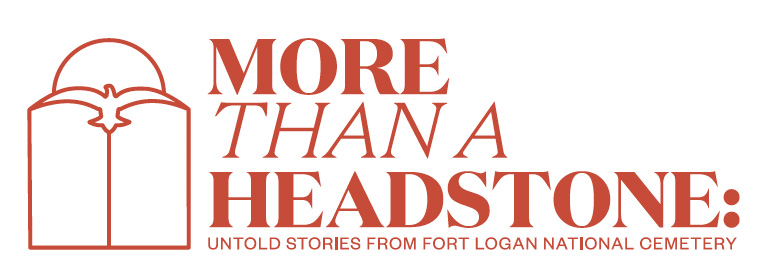Dedicated to Publishing the Truth
By Benjamin Faurie
Frederick A. Praeger
1915 - 1994
Frederick A. Praeger was born in 1915, into a Jewish family as the only child of Max Mayer Praeger, an Austrian publisher and newspaper managing director, and Manya Praeger.[1] Growing up in Austria, he studied law and political science at the University of Vienna from 1933 to 1938 and also spent time at the Sorbonne in Paris in 1934. A talented runner, he became Vienna’s interscholastic champion in the 100, 200, and 400-meter races, winning 80 medals and getting the chance to outrun some anti-Semitic opponents in Austria before outsmarting them during the war.
From 1935 to 1938, Praeger worked as an associate editor at his father’s publishing house, R. Loewit Verlag, and shone as a sports writer. But with Austria’s invasion by Nazi Germany in 1938, he was arrested, then fled to the United States upon release. Praeger was a dedicated, perseverant worker, having acquired twenty jobs in thirty states of the U.S., including furniture mover, short-order cook, and jewelry salesman, before becoming a naturalized American citizen in 1941.
When World War II began, Praeger joined the U.S. Army as a private. He was a research and editorial assistant, a role that involved intelligence analysis, military publications, and psychological operations. He spent the majority of his Military life in Europe, with duties including gathering and editing critical information about the war for strategic military use. Later, he became a military intelligence officer, fighting in five European campaigns and earning a Bronze Star and a field commission as a second lieutenant, a clear acknowledgment of his leadership and dedication. His wartime contributions were deeply personal, as his parents perished in the Auschwitz and Theresienstadt concentration camps. These losses fueled Praeger’s commitment to fight for freedom during WWII.
After his military life, he founded a book-export business. In 1950, he borrowed $4,000 from friends and published two British analyses of international law. Although they didn’t sell that well, the effort encouraged him to start Frederick A. Praeger, Inc., the parent company of Inter Books, Inc. His publishing house released important books about global politics, including works that discussed Soviet-influenced countries in Eastern Europe, commonly referred to as “Behind the Iron Curtain.” Because of strict government control and censorship in Soviet-controlled regions, these texts weren’t easy to access, so getting them published was a rare sight in the West. One of his most recognized publications was The New Class by Milovan Djilas in 1957, a book that critiqued Communism’s power structure and was smuggled out of Yugoslavia while the author was under arrest there. Praeger also published works by Aleksandr Solzhenitsyn, including One Day in the Life of Ivan Denisovich, and Howard Fast’s The Naked God.
Other than political and historical pieces, Praeger started publishing art books in the mid-1950s. He found success with titles like Picasso: A Study of His Work, selling 38,000 copies. In 1958, he got a contract with the Whitney Museum of American Art to take care of the museum’s publications, expanding his reach into the arts.
In 1966, he sold his publishing company to Encyclopedia Britannica, and by 1968, he ended all involvement with it. Praeger returned to Vienna for six years, investing in German publishing ventures, then moved to Boulder, Colorado, where he founded Westview Press in 1975. Westview specialized in affordable scholarly and technical books. He sold Westview in 1989 but stayed as publisher and vice chairman until 1991. Over his lifetime, he published just about 10,000 titles, leaving a lasting impact on international studies and academic publishing.
Praeger married three times and had four daughters. Given his demanding career in publishing and military intelligence, his family life likely involved frequent relocations and high-profile professional engagements. His work in publishing, particularly his willingness to challenge dominant Cold War narratives, positioned him as a key figure in international discourse. His hobbies outside of publishing included tennis, skiing, swimming, and art. He avoided specific religious or political affiliations but openly pursued controversy in the international studies field, believing it was necessary to challenge popular ideas.
Later in life, he suffered health issues from a stroke and chose to discontinue nourishment. He passed away in Boulder, Colorado, and his ashes were scattered in accordance with his wishes. Westview Press later funded a full-ride scholarship at the University of Denver Publishing Institute, honoring his legacy as both a publisher and one of the Institute’s founders.










